This year, the Spring Festival (otherwise known as Chinese New Year) falls on 05.Feb.2019 in China and if you are familiar with China, you will know that there is an official week long public holiday from 04-10.Feb.
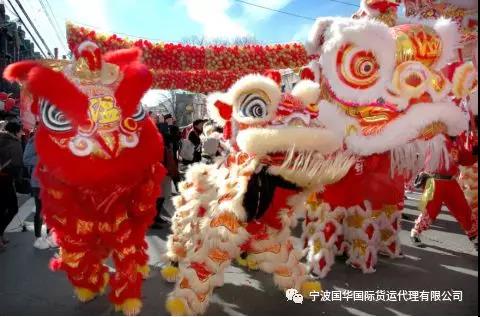
In the Shipping & Logistics Industry
For those of us in the shipping and logistics industry, it means that the world’s largest factory will be shut down for over a month since a lot of factories will close and allow workers to celebrate the year’s most important public holiday in full.
Any last minute shipments being ordered now will be faced with a scramble for overbooked vessels. As truck drivers prepare to go back to their home towns, the ones that remain to earn a bit more before leaving, will charge an extra premium for service since they know there will be a shortage of drivers. It’s ironic, but there will be no shortage of trucks for shipments, but there will be a shortage of drivers.
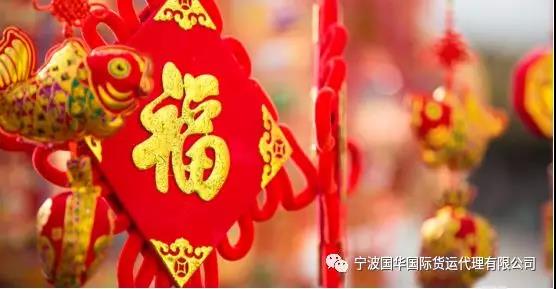
On a lighter note…
Here are some things that you may not know about the Spring Festival holiday in China:
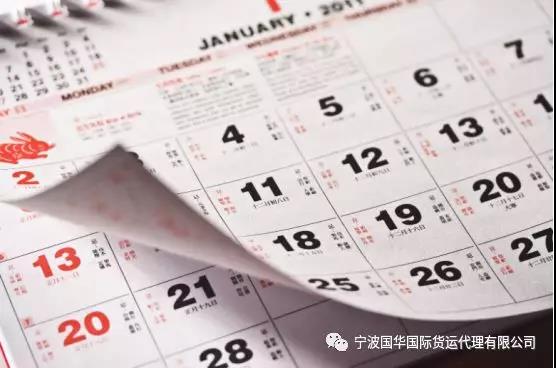
1. It is observed on a different date every year
There’s no set date for the Spring Festival as its set according to the lunar calendar and lasts from the 1st (according to the lunar calendar) until the 15th which will be a full moon. Typically, Chinese New Year ranges between 21.Jan to 20.Feb every year.
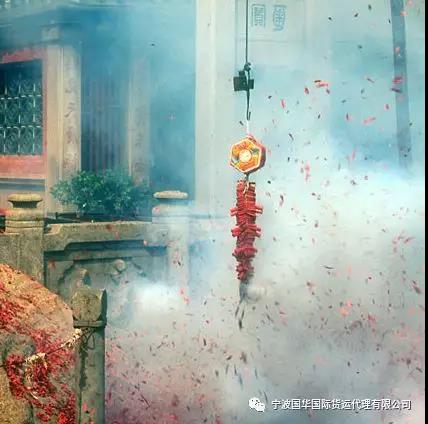
2. The most fireworks are set off that night in the world!
According to a Chinese myth, a monster called Nian (年,the Chinese word for year), would come around every Chinese New Year’s Eve and everyone would be so scared, they would stay inside their homes. However, there was a boy who was brave enough to scare him off with firecrackers. The next day, everyone celebrated with firecrackers and the practice became a important part of Chinese New Year celebrations.
3. But it’s not legal everywhere…
In recent times due to safety concerns and also pollution, more and more cities in China have been banned from using fireworks, more than 500 cities have restrictions too.
In Beijing, it was banned for 13 years, however the people eventually reacted negatively to this and it was eventually lifted in 2006.
If you happen to be in China during Chinese New Year, you will notice that during the celebrations, there’ll be at least 3 days where you hear a lot of fireworks going off. Sometimes this can last for weeks depending on where you are.
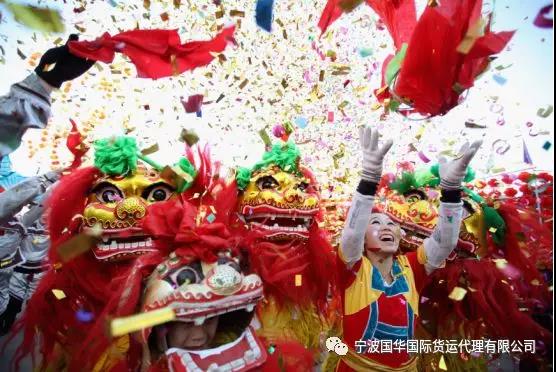
4. It’s the longest and most popular Chinese holiday
In different parts of China, celebrations can go on for up to 40 days – mostly in the rural areas, people will celebrate it for longer. Traditionally, it’s a time spent with family and you only really go out to meet other people after the 5th day. You will notice a lot of shopping malls closed during this time.
The closest thing that Western culture has to this is Christmas time where people will move heaven and earth to get home for that Christmas meal with family. Chinese New Year is like an extended version of this.
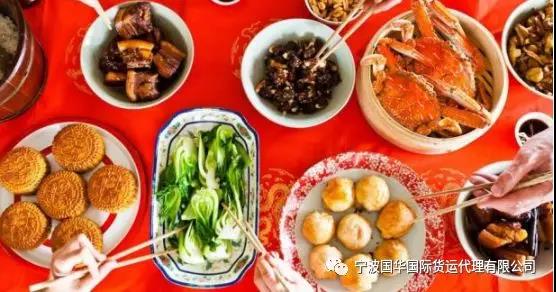
5. It’s also a time to eat, eat, eat…
Traditionally, you should be eating dumplings every day – however with all the delicious food available, nowadays people rarely do this. Most however, still eat dumplings for breakfast or for the New Years Eve dinner.
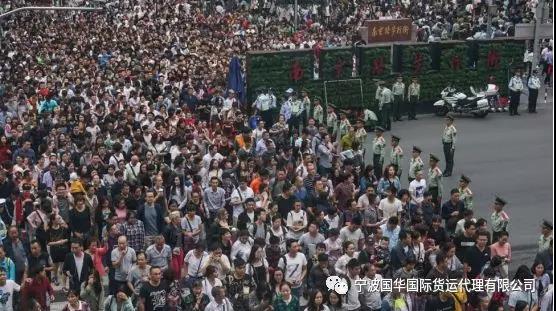
6. The largest human migration in the world
Every year during this time marks the beginning of the world’s largest human migration as everyone makes their way home from their place of work to be with their families for the New Year’s Eve dinner. Most elderly parents live in rural villages while their children go to the cities to work and hence everything stops in China as masses of people make their long journey home.
Train tickets are only available 60 days before departure, so you can imagine the rush to get tickets. In 2015 it was recorded that 1,000 train tickets were sold every second in the New Year rush.

7. No showering, throwing out garbage, or sweeping
You cannot shower on New Year’s Day, nor can you sweep or throw out garbage before the 5th. You make up for this by having a big spring clean of your home before the new year – this is geared towards sweeping away all the bad luck and making room for good luck in the new year.
Other things considered as “taboo” during the new year includes:
– Having a haircut
– Using scissors or other sharp items
– Swearing or arguing with others
– Saying or talking about negative/unlucky topics like “death” and “sickness”.
– Breaking things
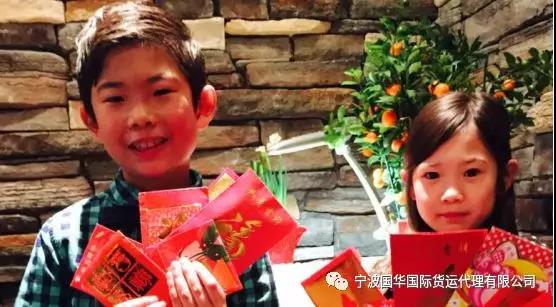
8. Giving and receiving “lucky money” in little red envelopes/packets
You will see a lot of this happening if you are in China. Children are given red packets which contain money which is supposed to help transfer fortune from elders to Children. They can also be given between bosses, employees, co-workers and friends.
As a general rule, technically if you’re married, you should be giving red packets to those who are not married yet. Though aside from the exceptions mentioned above, elders will still give to their sons, daughters and those who are younger and close to them even if they are already married. Those providing a service e.g. security guards working in your apartment complex, compound or workplace will also be given some from the people they may see every day. So during this time, you will notice that they are extra nice with their service to you during this time.
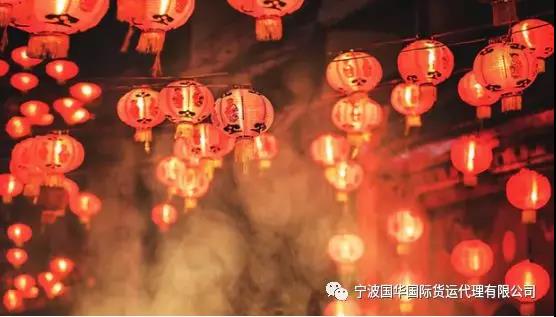
So I hope you now know a bit more about the Spring Festival and Chinese New Year. Finishing off this article with how Chinese New Year ends… with the first full moon of the new lunar new year. This is celebrated as the Yuanxiao Festival (元宵节) or Lantern Festival.
It is a night of partying and freedom – but not in the way we understand these words nowadays. In ancient times, girls weren’t allowed to venture outside by themselves, however on this day, they were allowed to do so, so many would walk around outside to enjoy the atmosphere and gaze at the beautiful full moon and lanterns which are hung out everywhere. For this reason, it is also known as Valentine’s Day in China.
If there is a Chinese New Year celebration where you are this year, you can attend the celebrations knowing that bit much more about exactly how to celebrate it correctly 🙂
References:
1. Chinese New Year Wikipedia: https://en.wikipedia.org/wiki/Chinese_New_Year
2. 21 Things you didn’t know about Chinese New Year:https://chinesenewyear.net/21-things-you-didnt-know-about-chinese-new-year/

